Building a More Effective Board
Any nonprofit organization with 501(c)3 status is obligated to have an active board of directors. The right combination of people on a board can be a major asset to the agency it serves. Yet, many CEOs I talk with admit they wish their board was stronger, more proactive or had other traits it currently lacks.
If you’re looking to add to your board, replace members at the end of their terms, or make your board more effective for your agency’s needs, consider these important guidelines inspired by Bill Musick, founder of Integriti3D:
- Look for values, not just capabilities. Many a board has been built by combining professionals with certain desirable capabilities or resumes. A financial guru. A business attorney. A marketing whiz. However, it’s just as important to choose candidates who exhibit the values of your organization – honesty, integrity, inclusion, innovative thinking. By exemplifying the culture you want through your board members, your team will find the values you espouse as more credible and a true cornerstone to building excellence.
- Look for insight, not just oversight. Often, boards and their CEOs can emphasize their oversight roles, especially when it comes to subjects like financial and compliance accountability. By its nature, oversight can be mostly reactive to existing circumstances rather than proactive in planning for a more successful future. Make sure your board includes creative thinkers and members who generate insights and ideas – not just reviewers of the status quo.
- Look for outside connections, not just inside compatibility. Strong board members can add great value with who they know as much as what they know. Are they on other boards or prominent members of well-connected civic groups? Do they have active roles in your community? With reimbursement pressures, healthcare organizations are becoming more dependent on vital partnerships. Having board members who can connect you to more collaborators, donors and innovators is even more important than how well they gel with the rest of your board and executive teams.
Our podcast episode with Bill Musick shares more in-depth details from his vast experience in helping nonprofit hospice organizations build and sustain more effective boards. Take a few moments to listen.










